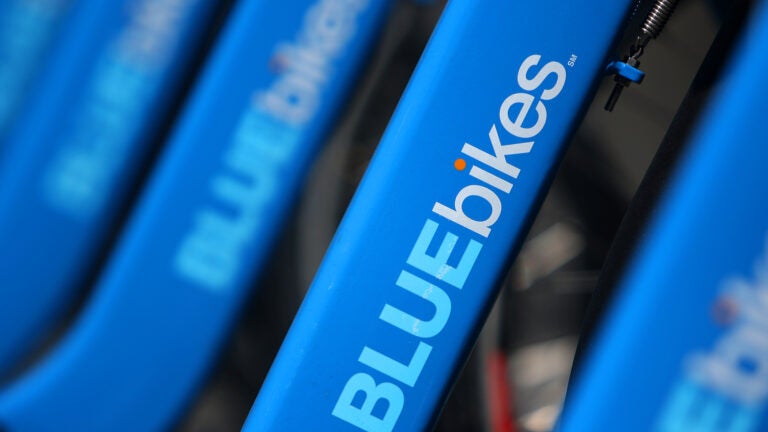Newsletter Signup
Stay up to date on all the latest news from Boston.com
The typical Boston driver is no stranger to gridlocked streets, bumper-to-bumper traffic, and all the hair-pulling and teeth-gnashing that comes with the territory.
The numbers bear that out: Boston is the fourth-worst city in the world for congestion, with the average driver losing 134 hours — more than five days — to traffic last year, according to a new report.
The annual study from transportation analytics company INRIX found that Boston’s congestion cost about $2,270 per driver last year.
Boston’s Interstate 93 southbound also got a nod as the fourth-worst traffic corridor in the U.S. A commuter who regularly took that route on workdays would have lost 99 hours sitting in traffic last year, according to the report.
A city spokesperson told The Boston Globe that time spent stuck in traffic “keeps drivers away from family, friends, and work.”
“The only way to reduce the amount of traffic is to create reliable, affordable, and safe alternatives,” they told the Globe. “The City is working to improve other modes of transportation like public transit and biking so they can become viable options for people.”
Boston’s average time lost to traffic spiked 72% over 2021, but it was still 10% below 2019, when INRIX declared the city’s traffic congestion the worst in the country for a second year in a row.
These days, Boston has only the second-worst traffic in the U.S., with Chicago taking up the worst-in-nation mantle. Windy City drivers lost an average of 155 hours to traffic, giving Chicago the No. 2 slot on INRIX’s global list.
London tops the list at 156 hours lost, and Paris (138 hours) and New York (117 hours) round out the top five at third and fifth place, respectively.
Skyrocketing gas prices and employers’ work-from-home flexibility were some of the factors that impacted driving behaviors, according to the report. Still, some cities’ traffic congestion creeped past pre-pandemic levels as COVID-19 restrictions waned.
“It is great to see civic and commercial life returning to normal, but unfortunately, we’re seeing congestion inching closer to, if not exceeding, pre-pandemic levels,” the report’s author, transportation analyst Bob Pishue, said in a statement.
He added: “We must manage congestion while improving mobility and accessibility in cities to avoid it hurting economic recovery and impacting the quality of life of commuters and residents.”
Stay up to date on all the latest news from Boston.com

Stay up to date with everything Boston. Receive the latest news and breaking updates, straight from our newsroom to your inbox.
Conversation
This discussion has ended. Please join elsewhere on Boston.com